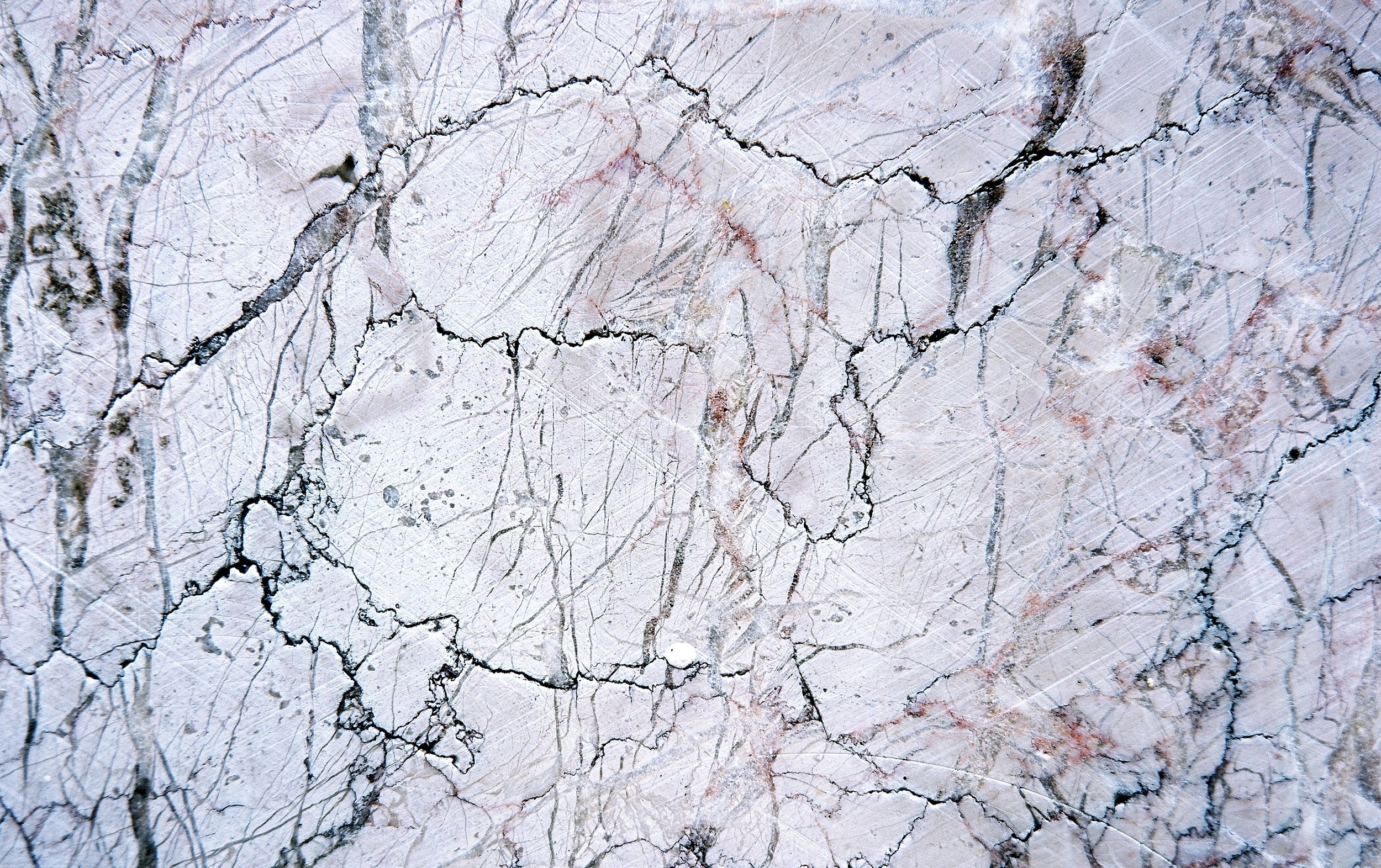
What is Foreclosure

Foreclosure is what happens when a homeowner fails to pay the mortgage.
More specifically, it’s a legal process by which the owner forfeits all rights to the property. If the owner can’t pay off the outstanding debt, or sell the property via short sale, the property then goes to a foreclosure auction. If the property doesn’t sell there, the lending institution takes possession of it.
To understand foreclosure, it helps to keep in mind that the word “homeowner” in this case is actually a misnomer. “Borrower” is a more apt term. That’s what a mortgage, or deed of trust, is: a loan agreement for the purchase price of the home, minus the down payment. This document puts a lien on the purchased property, making the loan a “secured loan.”
When a lender loans you money without any collateral (credit card debt, for instance), it can take you to court for failure to pay, but it can be very hard to collect money from you. Lenders often sell this sort of debt to outside collection agencies for pennies on the dollar and write off the loss. This is considered an “unsecured loan.”
A secured loan is different because, although the lender may take a loss on the loan if you default, it will recover a larger portion of the debt by seizing and selling your property.
So what happens in a foreclosure? The specifics can vary according to state law, but we can break it down into five stages.


get in contact with us!
fill out the form below & we will get back to you asap



